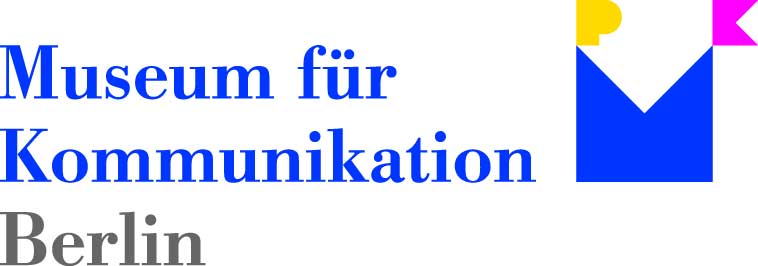Berlin Gesture Center in Kooperation mit dem Museum für Kommunikation Berlin
Introduction to the neuropsychological gesture classification. Workshop
Einführung in die neuropsychologische Gestenklassifikation.
Workshop
July 12 – 13, 2007, Berlin. With Hedda
Lausberg
The neuropsychological gesture classification (NGC) has been developed on the
basis of gesture types which gesture researchers of different scientific disciplines
had agreed on (e.g. Liepmann, 1907; Efron, 1941; Freedman, 1972; Ekman &
Friesen, 1979; Davis, 1991; McNeill, 1992*).
The NGC consists of twenty-two gesture types that are defined by specific combinations
of kinetic features including hand shape, hand position, path, efforts, planes,
kinesphere, gesture space, involvement of body parts other than hands, and gaze.
The objectivity of the gesture types is high (rater agreement Cohen’s κ
.87). The theoretical assumption behind the NGC is that the gesture types represent
different cognitive or emotional functions and thus, that they are generated
in different locations in the brain. Further, it is assumed that specific brain
lesions or mental diseases are associated with deficits in the conceptualization
and execution of specific gesture types. The validity of the gesture types is
examined with neuroscientific studies (split-brain studies and neuroimaging
studies).
The NGC enables to classify gestures based on their kinetic features alone,
i.e., without sound. As a behavioural method, the system can be used for a broad
range of test designs ranging from the examination of spontaneous gesture production
in everyday conversation to the structured elicitation of gestures by stimuli.
Because of the broad spectrum of phenomena that can be coded, the high objectivity,
and its adaptation to movement analysis software (e.g. ELAN), the NGC can be
used for qualitative and quantitative research.
* Efron, David (1941/1972): Gesture, Race and Culture. The Hague: Mouton. McNeill, David: Hand and Mind: What Gestures Reveal about Thought. Chicago: The University of Chicago Press.
Date & Time Schedules
Thursday, July 12, 2007, 9 a.m. – 5 p.m.
Friday, July 13, 9 a.m. – 3 p.m.
Location
Museum für
Kommunikation Berlin, Leipziger Str. 16, 10117 Berlin
Contact & registration
Hedda Lausberg, hedda.lausberg@charite.de
